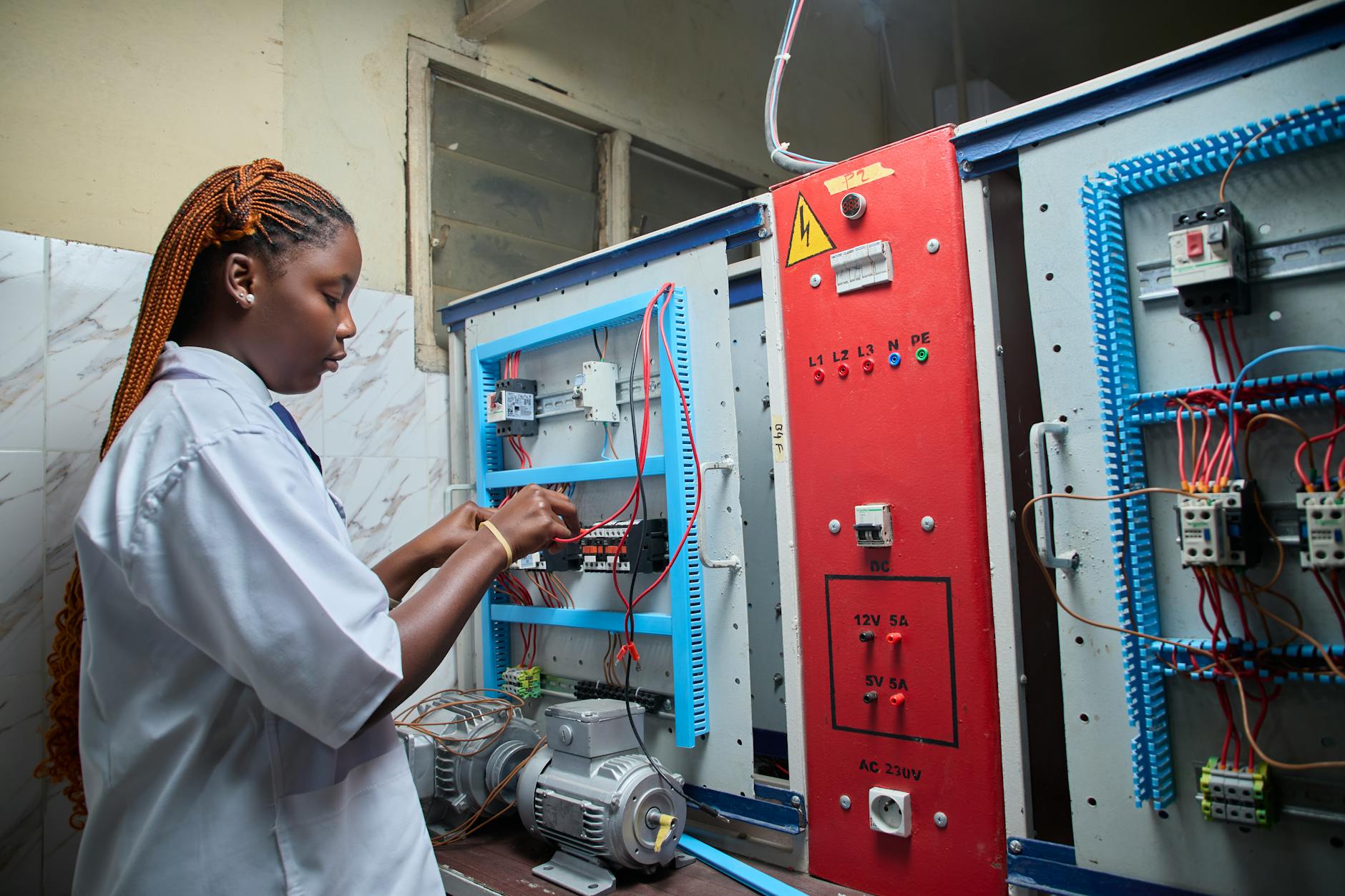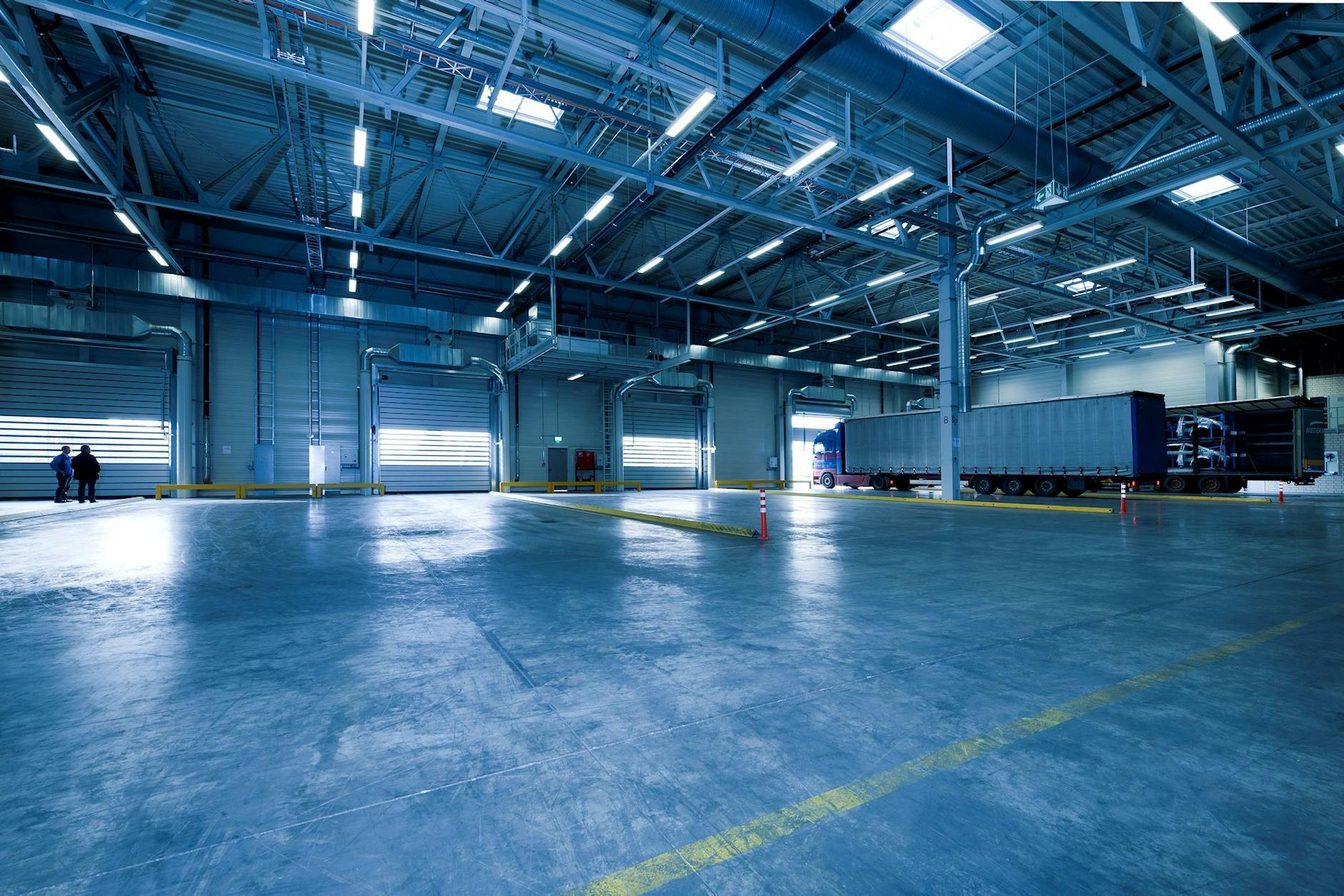
Transforming Business: Automation & Digital Solutions in Nepal
In today's fast-paced digital age, the notion of a "manual process" in business seems almost archaic. Businesses are continually challenged to rethink traditional methods to stay relevant and competitive. Enter Business Automation and Digital Transformation — two concepts that have become synonymous with sustainability and growth, especially in emerging markets like Nepal.
To illustrate this shift, let's take a closer look at a growing Nepali firm that successfully navigated this transformative journey: a local HR service provider that took the plunge to automate its HR and payroll processes. By implementing a comprehensive digital platform, the company aimed to streamline operations, reduce errors, and enhance employee satisfaction.
According to PwC, businesses that embrace automation can expect to see efficiency gains between 20–30%. For this company, the transition meant cutting down payroll processing time from days to mere hours. Imagine processing hundreds of salary transactions within minutes — freeing up precious time to focus on strategic growth rather than tedious error-checking.
One compelling statistic is that over 70% of organizations agree that automating HR functions has significantly improved their operational efficiency, according to a report from HR Technologist. This was precisely what the local HR provider experienced, as automated workflows reduced the time spent on data entry and payroll calculations by nearly half.
Beyond numbers, let’s consider the human aspect. Employees no longer dread payday; they receive timely paychecks without error-prone manual processing. This improved morale and increased productivity in the workplace. Employees can now focus on their responsibilities rather than worrying about paycheck accuracy. Industry trends echo this shift, revealing that automated HR systems increase employee engagement by providing real-time feedback and quicker access to information.
When we look at current trends, the demand for HR technology solutions in Nepal is steadily rising. With a skilled workforce and a growing technology landscape, Nepali companies are more willing to adopt solutions that were once considered out of reach. Companies like Salary.com outline that automating HR and payroll isn't just for large enterprises anymore — small and medium enterprises (SMEs) are now reaping the rewards as well.
This move towards automation also aligns with the government’s vision of a digitalized economy, underscoring the potential for systemic economic growth. By integrating technology into everyday operations, Nepali businesses are not just staying competitive; they are revolutionizing how business is conducted at an organizational level.
Of course, the path to automation isn’t without its challenges. Organizations may encounter:
- Initial resistance from staff wary of change
- Concerns about data security and privacy
- Temporary downtime during implementation
.png)
.png)
.png)
.png)





